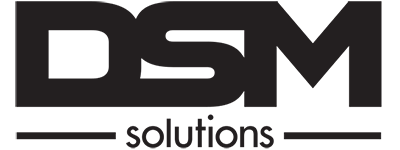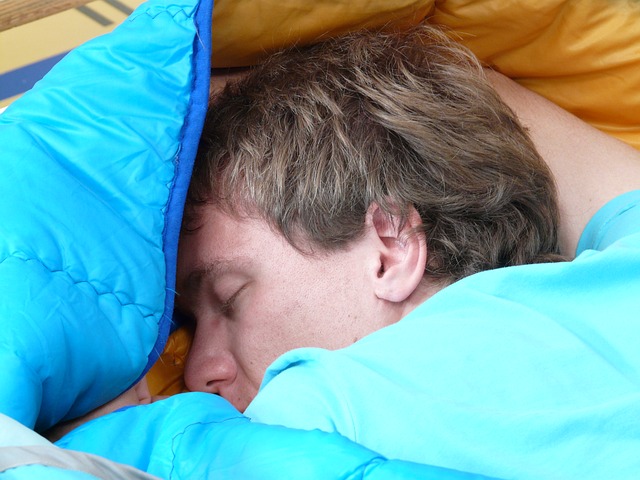While there’s no denying that monitoring for sleep apnea is very important, traditional methods can be cumbersome. Sleep study tests may soon undergo some changes thanks to radar technology. Normally, your patients are connected to monitoring equipment via many wires. This can make a sleep test study an unpleasant experience. It is also necessary that appointments are booked weeks in advance. Patients cannot sleep as they normally would at home. However, a new radar technology developed at the University of Waterloo hopes to change all that.
New Radar Technology for Long-Term and Long-Distance Monitoring
This new radar technology records heart and breathing rates during sleep study tests. It uses sensitive radar waves that are analyzed by a digital signal processing unit. The device is housed in a device about the size of a cell phone. The small size may mean it can theoretically be used for long-term monitoring in a patient’s home. New radar technology may prove to be more effective at yielding accurate sleep test results for your patients. Ease of use and accuracy makes it easier for both you and your patients who are undergoing sleep study tests.
Accurate Test Results
We are still a ways off from this technology being used widely by Westlake Village, CA dental sleep medicine consultants. However, tests that have been performed in hospitals and group homes have produced results that are over 90 percent as accurate. As long as accuracy is 90% what traditional equipment and techniques can provide, it won’t be long until they are in full use.
This is exciting news! The technology will get better as it becomes more refined. To learn more about how this radar system can be used to help assess sleep apnea patients and make sleep study tests easier, contact Dr. Steven Greenman and the DSM Solutions team. We will be happy to answer any questions that you may have.

